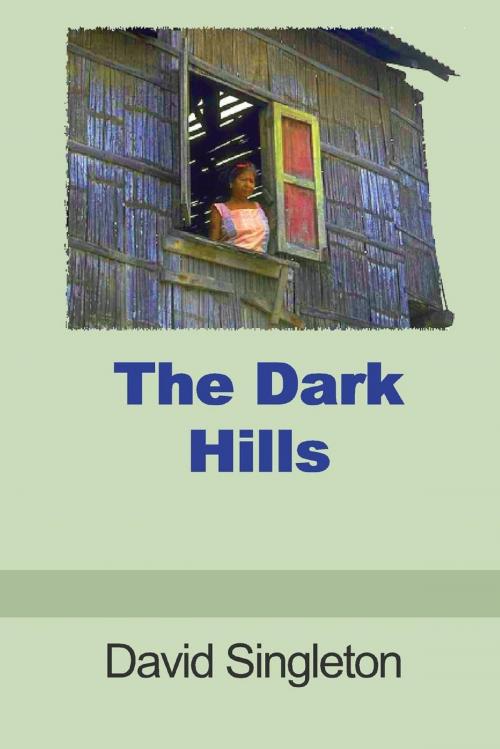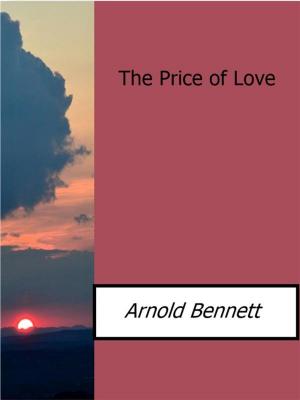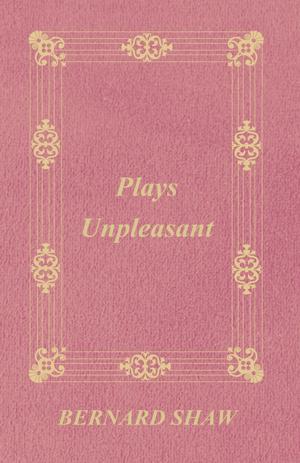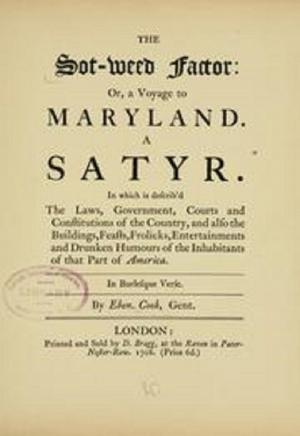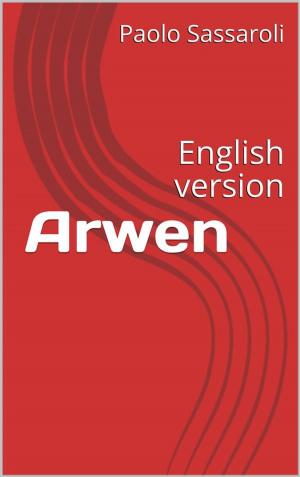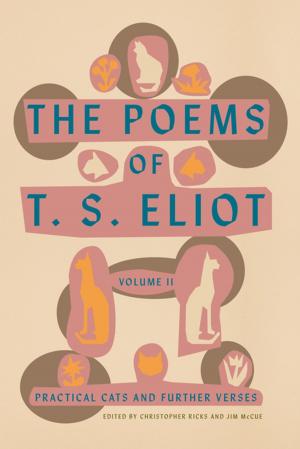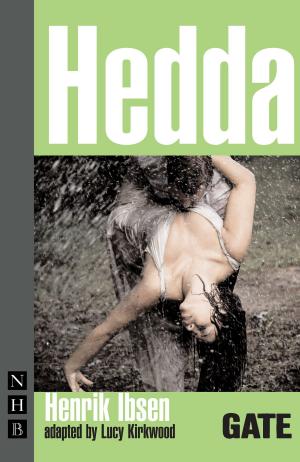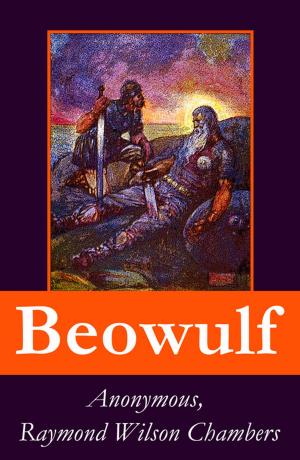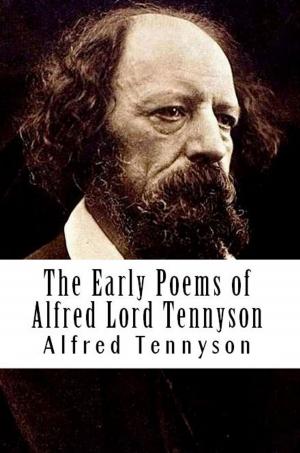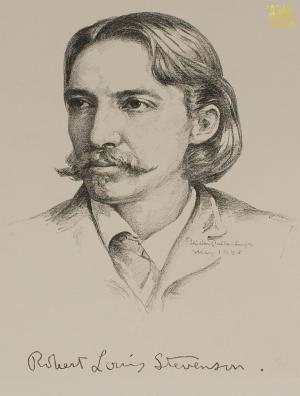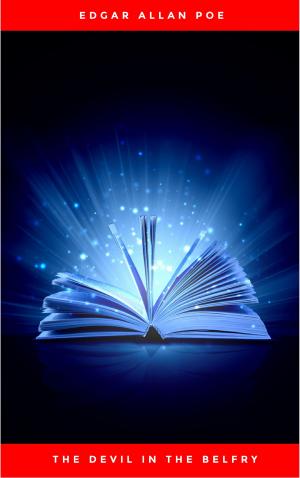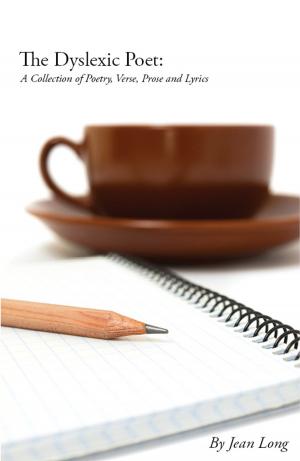| Author: | David Singleton | ISBN: | 9781907011405 |
| Publisher: | Achievers Publishing | Publication: | April 3, 2013 |
| Imprint: | Smashwords Edition | Language: | English |
| Author: | David Singleton |
| ISBN: | 9781907011405 |
| Publisher: | Achievers Publishing |
| Publication: | April 3, 2013 |
| Imprint: | Smashwords Edition |
| Language: | English |
A lifetime ago, the Lancashire poet, Allen Clarke, described his native county in the following, rather defensive, way:
“The outside folk who have never seen Lancashire think it wholly a steam engine land: a hideous shire of factories, coalpits, forges, ironworks, cinder pits and slag accumulations, inhabited by barbarians who wear clogs with which they are in the habit of kicking one another to death.
Round every Lancashire town there is a bonny expanse of hill and fell. Lancashire is a county of sweet, wild moorlands, with the factory towns built in the basins and valleys.”
There are many beauties to be found, and curiosities too, but they are small-scale and almost incidental to the main theme, which is one of isolation: the village at Barrow Bridge, the eccentric church in the even odder village of Ringley, Borsdane Wood, with the sunlight filtering through the leaves. All have their own idiosyncratic beauty, but you need to seek them out and, often, to do so on foot.
Most of these poems are not about places, though many are; some are about people or, more precisely, what people have come to represent in my imagination. I think it is true, though, that all of them, even those that are reminiscences of more exotic places, occurred to me as I walked Allen Clarke’s “sweet wild moorlands,” and all can therefore be taken together as a kind of elegy to a dying town and the melancholy countryside around it. The message of these poems for Messrs. Cameron, Clegg and Osborne is “Si monumentum requiris, circumspice.”
A lifetime ago, the Lancashire poet, Allen Clarke, described his native county in the following, rather defensive, way:
“The outside folk who have never seen Lancashire think it wholly a steam engine land: a hideous shire of factories, coalpits, forges, ironworks, cinder pits and slag accumulations, inhabited by barbarians who wear clogs with which they are in the habit of kicking one another to death.
Round every Lancashire town there is a bonny expanse of hill and fell. Lancashire is a county of sweet, wild moorlands, with the factory towns built in the basins and valleys.”
There are many beauties to be found, and curiosities too, but they are small-scale and almost incidental to the main theme, which is one of isolation: the village at Barrow Bridge, the eccentric church in the even odder village of Ringley, Borsdane Wood, with the sunlight filtering through the leaves. All have their own idiosyncratic beauty, but you need to seek them out and, often, to do so on foot.
Most of these poems are not about places, though many are; some are about people or, more precisely, what people have come to represent in my imagination. I think it is true, though, that all of them, even those that are reminiscences of more exotic places, occurred to me as I walked Allen Clarke’s “sweet wild moorlands,” and all can therefore be taken together as a kind of elegy to a dying town and the melancholy countryside around it. The message of these poems for Messrs. Cameron, Clegg and Osborne is “Si monumentum requiris, circumspice.”
